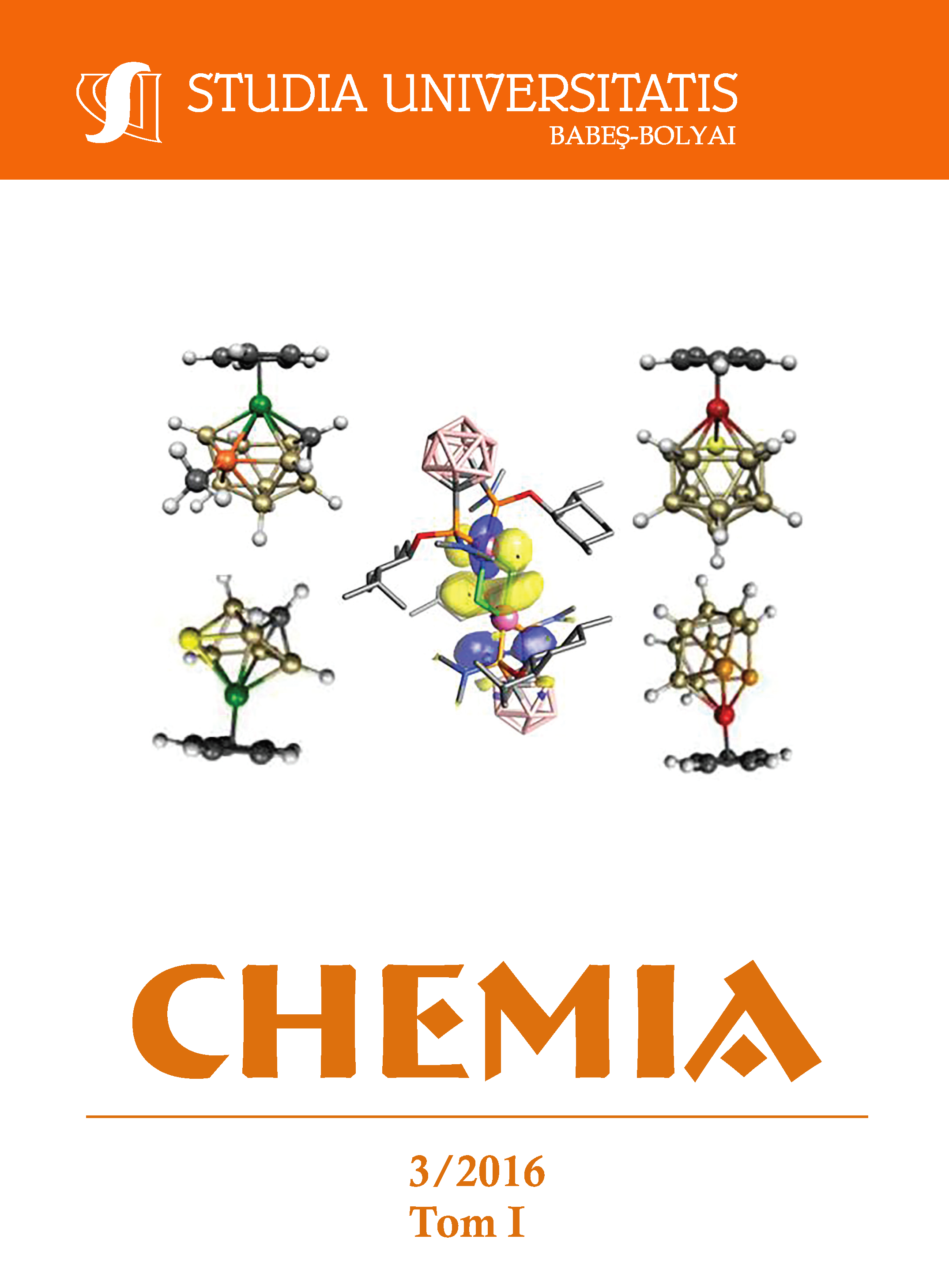DEVELOPMENT OF THE SOUR WATER PLANT DYNAMIC SIMULATOR FOR IMPROVING DESIGN AND OPERATION
Keywords:
sour water system, dynamic model, design, pollution, energy consumptionAbstract
Sour water system (SWS), as vital part of refineries, is aimed to process wastewater produced during different refining processes. Sour water contains contaminated water with H2S and NH3 and/or alkali metals or hydrocarbon traces. The main objective of SWS is to reduce the concentration of these contaminants below undesirable level and to make possible water reuse in the refinery. H2S is generally stripped from the sour water and sent to the Claus Unit. The paper reviews two possible designs for SWS. The first one corresponds to the traditional design of the SWS unit, while the second design uses an internal stream to heat up the feed flow. For analyzing the two different design configurations, dynamic simulators were developed in Aspen-Hysys using industrial and literature data. Different operating scenarios were tested, also involving the SWS control loops. Dynamic simulation results reveal incentives for the second analyzed design from the energy cost reduction perspective, as external need of heat utilities is diminished and this is associated to an improved separation of the contaminants.
References
International Petroleum Industry Environmental Conservation Association, IPIECA, “Petroleum refining water/wastewater use and management”, AECOM, UK, 2010, Chapter 2.
L. Addington, C. Fitz, K. Lunsford, L. Lyddon, M. Siwek, Bryan Research and Engineering Inc., 2010, 1.
R.H. Weiland, N.A. Hatcher. Sour Water Strippers Exposed, Laurance Reid Gas Conditioning Conference, Oklahoma, 2012.
J.S. Eow, Environmental Progress, 2002, 21, 143.
M. Zhu, L. Sun, G. Ou, K. Wang, K. Wang, Y. Sun, Engineering Failure Analysis, 2016, 62, 93.
S.Y. Lee, J.M. Lee, D. Lee, I.B. Lee. Korean Journal of Chemical Engineering, 2004, 21, 549.
C.M. Torres, M. Gadalla, J.M. Mateo-Sanz, L. Jiménez, Journal of Cleaner Production, 2013, 44, 56.
N. Quirante, J.A. Caballero, Computers and Chemical Engineering, 2016, 92 143.
V.M. Cristea, E.D. Bagiu, P.S., Computer Aided Chemical Engineering, 2010, 28, 985.
Ani E.C., Cristea V.M., Agachi P.S., Kraslawski A., Revista de Chimie, 2010, 11, 1108.
L. C. Hardison, U.S. Patent, 4784775, Nov. 15, 1988.
R. Thiele, R. Faber, J. -U. Repke, H. Thielert, G. Wozny, Chemical Engineering Research and Design, 2007, 85, 74.
Z. Nasri, H. Binous, Journal of Chemical Eng. of Japan, 2007, 40, 534.
J.E.F. Inverno, E. Correia, P. Jimenez-Asenjo, J.A. Feliu, Computer Aided Chemical Engineering, 18, 2004, 211.
W.E. Luetzelschwab, U.S Patent, 3821110, June 28, 1974.
R. Houser, T. Kirkey, AIChE 2003 Spring National Meeting, New Orleans, 2003.
D. Sujo-Nava, L.A. Scodari, C.S. Slater, K. Dahm, M.J. Savelski, Chemical Engineering and Processing, 2009, 48, 892.
N. Alsop, J.M. Ferrer, AIChE 2006 Spring National Meeting, Orlando, 2006.
R.H. Weiland, M.S. Sivasubramanian, J.C. Dingman, 53rd Annual Laurance Reid Gas Conditioning Conference, Norman, 2003.
Downloads
Published
How to Cite
Issue
Section
License
Copyright (c) 2016 Studia Universitatis Babeș-Bolyai Chemia

This work is licensed under a Creative Commons Attribution-NonCommercial-NoDerivatives 4.0 International License.



